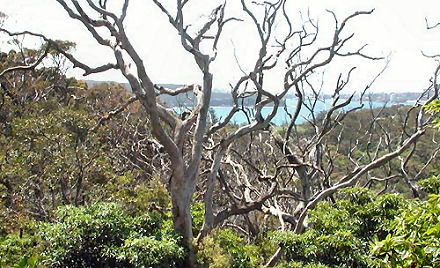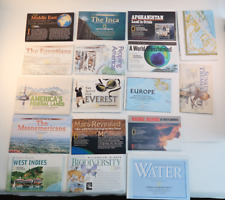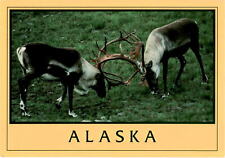
The notion that the planet’s warming climate will result in widespread extinctions has been challenged by a new study that suggests that biodiversity on Earth generally increases as the planet warms. The study, by scientists from the Universities of York, Glasgow and Leeds, involved the analysis of fossil and geological records going back 540 million years.
The new findings are a refinement of an earlier study that analysed biodiversity over the same time interval, but with a less sophisticated data set, and concluded that a warming climate led to a decrease in overall diversity.
“The previous findings always seemed paradoxical. Ecological studies show that species richness consistently increases towards the Equator, where it is warm, yet the relationship between biodiversity and temperature through time appeared to be the opposite. Our new results reverse these conclusions,” said Alistair McGowan, of the School of Geographical and Earth Sciences at the University of Glasgow.
Using the improved data set, the researchers re-examined patterns of marine invertebrate biodiversity over the last 540 million years. They found that while warm periods in the geological past experienced increased extinctions, they also promoted the origination of new species, increasing overall biodiversity.
Overall, say the researchers, a more complex picture of the impact of warmer temperatures on marine biodiversity has emerged. As noted in the previous study, there is more extinction in warm geological periods, but, overall, warm climates appear to boost biodiversity in the very long run.
The study, published in the Proceedings of the National Academy of Sciences, adds that this increase in biodiversity depends on the evolution of new species over millions of years. The researchers suggest that present trends of increasing temperature are unlikely to boost global biodiversity in the short term because of the long timescales necessary for new forms to evolve.
“Our results seem to show that temperature improves biodiversity through time as well as across space. However, they do not suggest that current global warming is good for existing species. Increases in global diversity take millions of years, and in the meantime we expect extinctions to occur,” concluded Tim Benton, of the Faculty of Biological Sciences at the University of Leeds.
Related:
Discuss this article in our forum
Mass Extinctions In Peru Due To Climate Change
Chill Out… And Fight!
Bow To Your Insect Overlords!
Biodiversity now a public health issue


















Comments are closed.